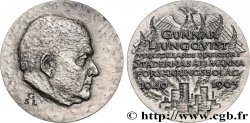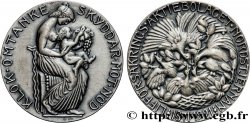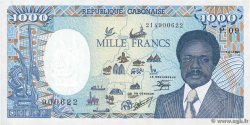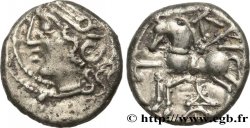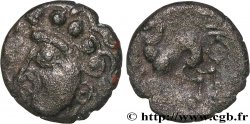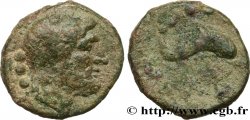v08_2013 - SWEDEN Jeton AR 31 c. 1860
MONNAIES 8 (2000)
Starting price : 68.60 €
Estimate : 114.34 €
unsold lot
Starting price : 68.60 €
Estimate : 114.34 €
unsold lot
Type : Jeton AR 31
Date: c. 1860
Metal : silver
Diameter : 31 mm
Orientation dies : 12 h.
Weight : 12,82 g.
Edge : lisse
Rarity : R1
Coments on the condition:
Flan miroir. Infimes marques de manipulation dans le champ au droit. Jolie patine de médaillier avec des reflets bleu acier
Obverse
Obverse legend : ER. SPARRE R. SVEC. SEN ET CANCELL.
Obverse description : Buste drapé, tête nue de Sparre à droite ; signé LEA AHLBORN F.
Obverse translation : (Éric Sparre sénateur et chancelier de Suède).
Reverse
Reverse legend : PRO LEGE REGE ET GREGE// OPERAM DEVOVIT/ ET VITAM/ MDC..
Reverse description : Autel aux armes de Suède (Vasa) surmonté d'une couronne posée sur un coussin.
Reverse translation : (Pour la loi le roi et le peuple).
Commentary
Ce jeton représente Erik Larsson Sparre (1550-1600) fils de Lars-Siggesson Sparre, conseiller de Gustave Ier Vasa. Erik Sparre, chancelier de Suède adhéra aux résolutions de l'Assemblée d'Upsal en 1593 qui assura le succès du protestantisme en Suède. Chef de la noblesse suédoise, il s'opposa au duc Charles, s'enfuit en Pologne auprès de Sigismond III Vasa en 1598. Il revint en Suède avec le roi de Pologne, mais fut livré à son ennemi mortel qui le fit décapiter.
This token represents Erik Larsson Sparre (1550-1600), son of Lars-Siggesson Sparre, advisor to Gustav I Vasa. Erik Sparre, Chancellor of Sweden, adhered to the resolutions of the Assembly of Uppsala in 1593, which ensured the success of Protestantism in Sweden. Leader of the Swedish nobility, he opposed Duke Charles and fled to Poland to Sigismund III Vasa in 1598. He returned to Sweden with the King of Poland, but was handed over to his mortal enemy, who had him beheaded.
This token represents Erik Larsson Sparre (1550-1600), son of Lars-Siggesson Sparre, advisor to Gustav I Vasa. Erik Sparre, Chancellor of Sweden, adhered to the resolutions of the Assembly of Uppsala in 1593, which ensured the success of Protestantism in Sweden. Leader of the Swedish nobility, he opposed Duke Charles and fled to Poland to Sigismund III Vasa in 1598. He returned to Sweden with the King of Poland, but was handed over to his mortal enemy, who had him beheaded.







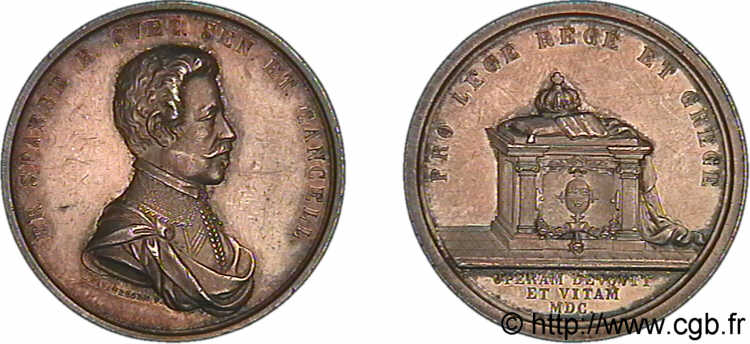
 Report a mistake
Report a mistake Print the page
Print the page Share my selection
Share my selection Ask a question
Ask a question Consign / sell
Consign / sell
 Full data
Full data